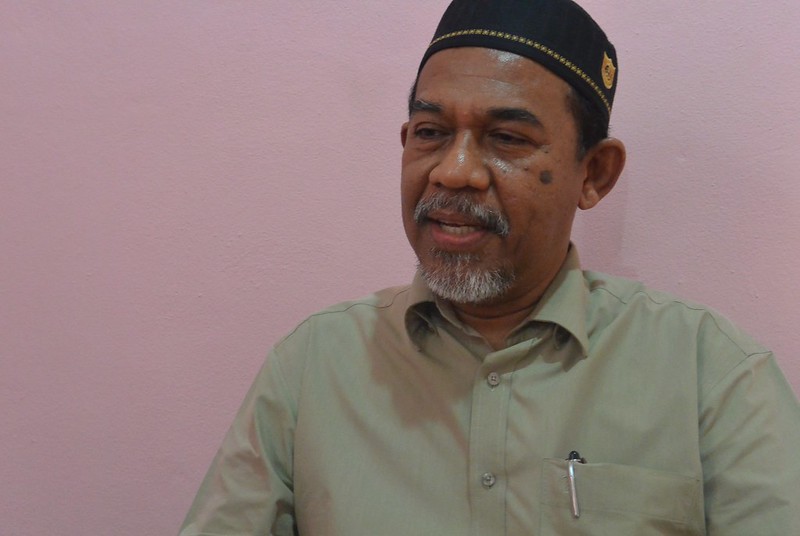
You can track the following questions on the video to at the times given.
-
How does the movement see the violence in the past 11 years? (0.29)
-
What do you think about the human rights violations and crimes committed by the Thai state? What are your concerns about that? (1.30)
-
Civil society groups have called for the movement to refrain from attacks on soft targets, namely civilians. Has the movement heeded these demands? (4.30)
-
Duncan McCargo, an English academic, has termed the structure of the insurgency movement as a liminal lattice or "a network without a core”. What do you think about his analysis? (7.30)
-
Why have the movements never come out to claim responsibility for each attack? (11.25)
-
In your opinion, what is the biggest mistake of the Thai state toward people in Patani? (12.10)
-
What is the movement's strategy in gaining support from the local people? (16.00)
-
Do you find the demand for merdika, or independence, still relevant? (18.41)
-
Has the movement done its best to listen to local people’s demands? (20.00)
-
The Deep South student movement ‘PerMAS’, which has been very active lately has been accused of being a wing of the movement? Is that true? (21.37)
-
What is MARA Patani? What is its status? What organizations does it represent? (24.20)
-
What are your demands? Are they different from the five-point proposal made during Yingluck government? (25.50)
-
Does the movement consider the Thai junta as a legitimate representative of the Thai state since they came to power illegally? (32.29)
-
How many talks have taken place since the coup? What has been discussed? How has it gone so far? (34.54)
-
If Patani becomes an autonomous or independent state, will Islamic law be implemented? (40.40)
-
The Deep South has been home of people with Chinese and Thai ancestry for generations. What is the movement’s stance toward cultural and ethnic diversity? (43.33)
-
Gen Prayut Chan-o-cha is very conservative on national-level policies. What do you think about his style in tackling the problem of the Deep South? (44.12)
-
What do you think and feel about Thai national politics? (48.25)
-
What do you think about the Thai mainstream media’s coverage of the Deep South conflict? (50.18)
Muhammad Dueramae from Deep South Journalism School contributed to this report.
Read related stories:

Since 2007, Prachatai English has been covering underreported issues in Thailand, especially about democratization and human rights, despite the risk and pressure from the law and the authorities. However, with only 2 full-time reporters and increasing annual operating costs, keeping our work going is a challenge. Your support will ensure we stay a professional media source and be able to expand our team to meet the challenges and deliver timely and in-depth reporting.
• Simple steps to support Prachatai English
1. Bank transfer to account “โครงการหนังสือพิมพ์อินเทอร์เน็ต ประชาไท” or “Prachatai Online Newspaper” 091-0-21689-4, Krungthai Bank
2. Or, Transfer money via Paypal, to e-mail address: [email protected], please leave a comment on the transaction as “For Prachatai English”
